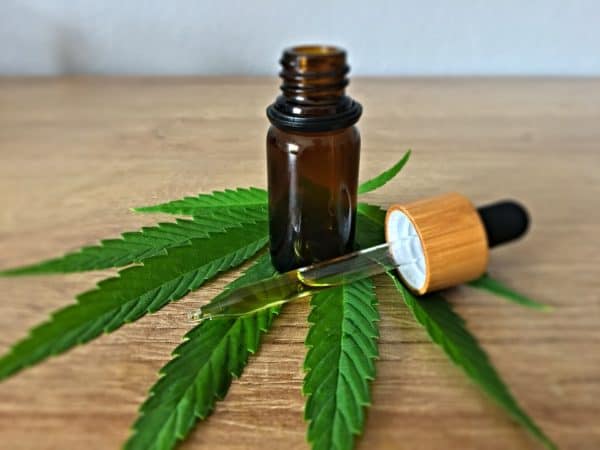World Health Organization says cannabidiol is no danger

 The World Health Organization has issued an initial review of cannabidiol (CBD), finding no evidence that the cannabis compound is a public health risk or has a potential for abuse. The preliminary ruling could go a long way to legitimizing the currently controlled substance, one which its users say has therapeutic value for a wide range of conditions from Alzheimer’s disease to anxiety, depression and chronic pain.
The World Health Organization has issued an initial review of cannabidiol (CBD), finding no evidence that the cannabis compound is a public health risk or has a potential for abuse. The preliminary ruling could go a long way to legitimizing the currently controlled substance, one which its users say has therapeutic value for a wide range of conditions from Alzheimer’s disease to anxiety, depression and chronic pain.
CBD is a naturally occurring cannabinoid found in cannabis plants but has without the psychoactive properties or the “high” delivered by tetrahydrocannabinol or THC. Taken most often as a concentrated oil, CBD is reported to have anti-inflammatory and stress-reducing effects as well as neuroprotective properties which have led to its use to treat conditions such as epilepsy, Parkinson’s disease, Alzheimer’s disease and multiple sclerosis.
“Recent evidence from animal and human studies shows that [CBD] use could have some therapeutic value for seizures due to epilepsy and related conditions,” says the WHO report. “Current evidence also shows that cannabidiol is not likely to be abused or create dependence as for other cannabinoids such as THC, for instance.”
In Canada, CBD is legally available to patients under the Cannabis for Medical Purposes regulations but could become available without physician consent as early as July 2018, the date when the federal government has promised to legalize the recreational use of marijuana.
But having an international body like the WHO declare that CBD has no adverse health effects is a big step, say supporters of the drug, since it could very well lead to more research into CBD, which is currently suffering from a dearth of good scientific evidence to back up its use.
“The problem with CBD right now is that there’s a lot of anecdotal evidence — people say that it helps their pain and it helps their sleep, helps inflammation and other conditions — but where are the controlled studies?” says Dr. Avtar Dhillon, MD and Executive Chairman with cannabis company Emerald Health Botanicals, in conversation with Cantech Letter. “With controlled substances, you can’t do research without a great deal of difficulty to get approvals from Health Canada, for example. That’s why the WHO with this action is taking a great step forward.”
BC-based Emerald is currently a top-ten licensed producer in Canada with a market cap of over $500 million and 1.1 million sq ft of cannabis production. Like many other companies jockeying for position in the burgeoning market, Emerald has expansion in mind, with plans to increase to as big as five million sq ft, enough to make it one of the largest marijuana producers in the world.
Dhillon says that Emerald’s CBD products are central to its business both in Canada and with respect to the international market. “We believe in CBD,” says Dhillon. “Our goal is to focus on good science, good clinical evidence and high quality products that will have global appeal.”
“We hope that the WHO follows this up with a critical review and then a recommendation to the UN, which could then have an effect on rescheduling in a wider group of countries,” he said.

